There are 52,000 students at the biggest higher educational establishment in Portugal, 20,000 of them of other nationalities. Bulgarian culture has been part of this conglomeration of different cultures for more than 30 years. The Bulgarian language is part of the Centre for Slavic Languages and Cultures of the humanities faculty of the University of Lisbon, alongside another five Slavic languages. Head of the Centre is Prof. Georgi Hristovski from Bulgaria.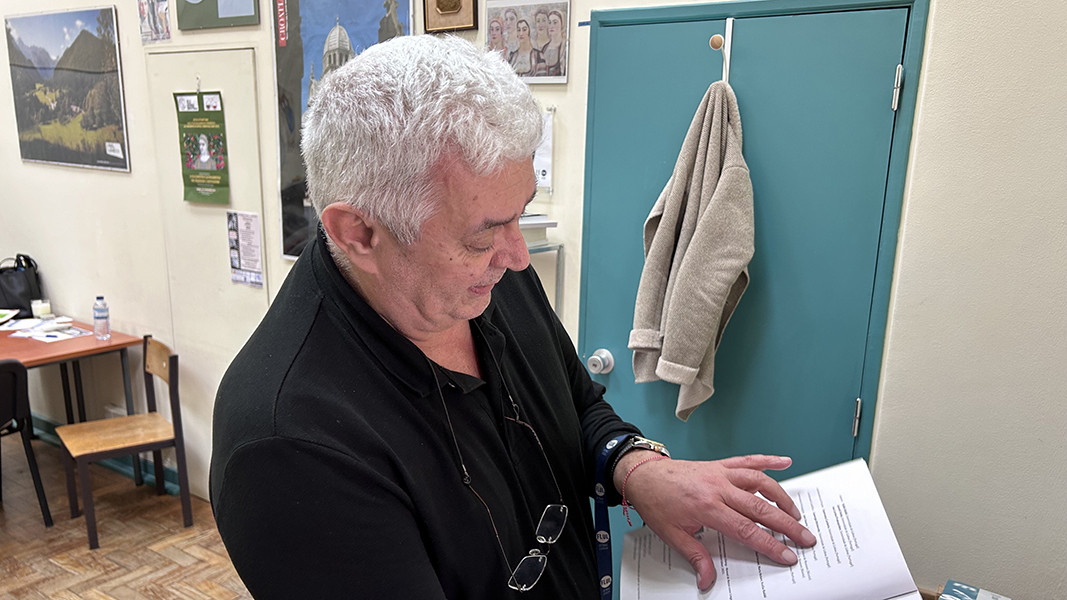
“There are many centres of this kind in the world,” explains Prof. Hristovski. “But in most other places the study of languages is limited – between two and four in number – at the University of Lisbon we have six Slavic languages – Bulgarian, Russian, Slovenian, Polish, Czech and Croatian. In Portugal, university education is 3 years by force of the Bologna process for more accessible education in the EU. There has never been a tradition here for Bulgarian studies, as is the case in Poland, Czechia, Hungary etc. In practice, I was the trailblazer 30 years ago, including by selecting the lecturers in the individual languages back then. And something else we regard as a success – that Slavic languages here can be studied as a sub-major, as an elective subject while studying at any of the faculties, and as an elective subject for people who are not students at all.”
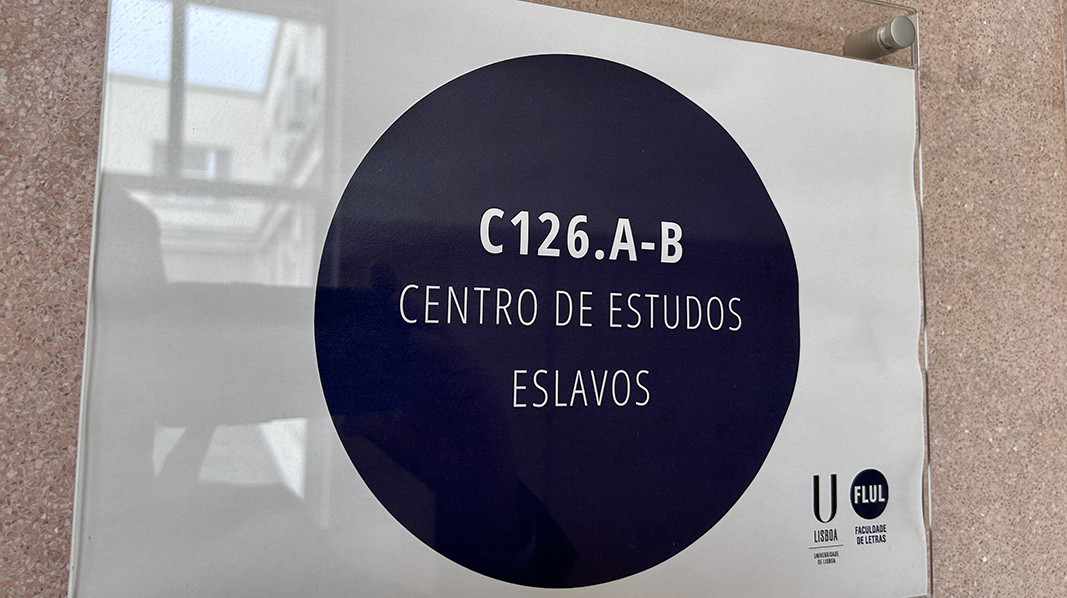
Parallel with the important role he has been playing at the Centre of Slavic Languages and Cultures, for more than 20 years Prof. Hristovski also teaches morphology and phonology of the Portuguese language at the university – a job not easily entrusted to a foreigner. But that is not all – he also lectures in speech and communication, and sociology of communication. In 1985, Prof. Hristovski launched Bulgarian studies at the University of Lisbon. Most of the students who have chosen to study the Bulgarian language are from Portugal, but there are also people from other Slavic countries, as well as form Italy, from China…”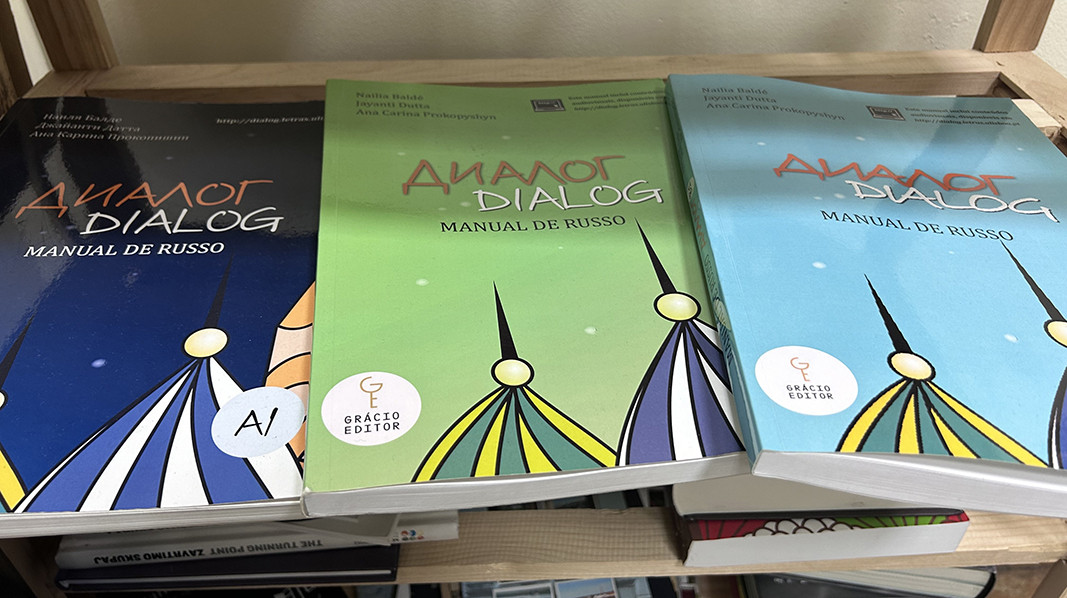
The prospect for Bulgarian studies in Portugal, Prof. Hristovski says, is to become an integral part of Slavic studies. That is why the Centre of Slavic Languages and Cultures he is head of lays an emphasis on the language experts working together.
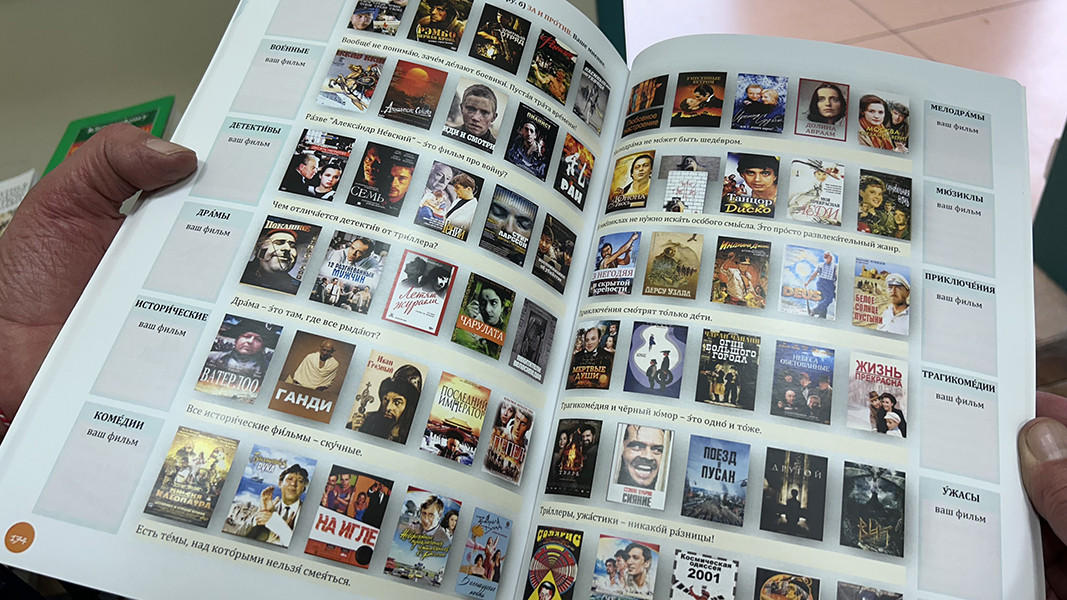
“I have always told my colleagues that. An event is organized by our colleague from Czechia, for example – a presentation, a conference or something else. And we all go. Our Bulgarian or our Russian colleague is doing something – we support them. That is the only way to get ahead. And people get along. They talk to each other as colleagues, they exchange information, data etc.”
Ana Karina Prokopisi teaches Russian at the Centre of Slavic Languages and Cultures. She is Portuguese and is married to a Ukrainian. 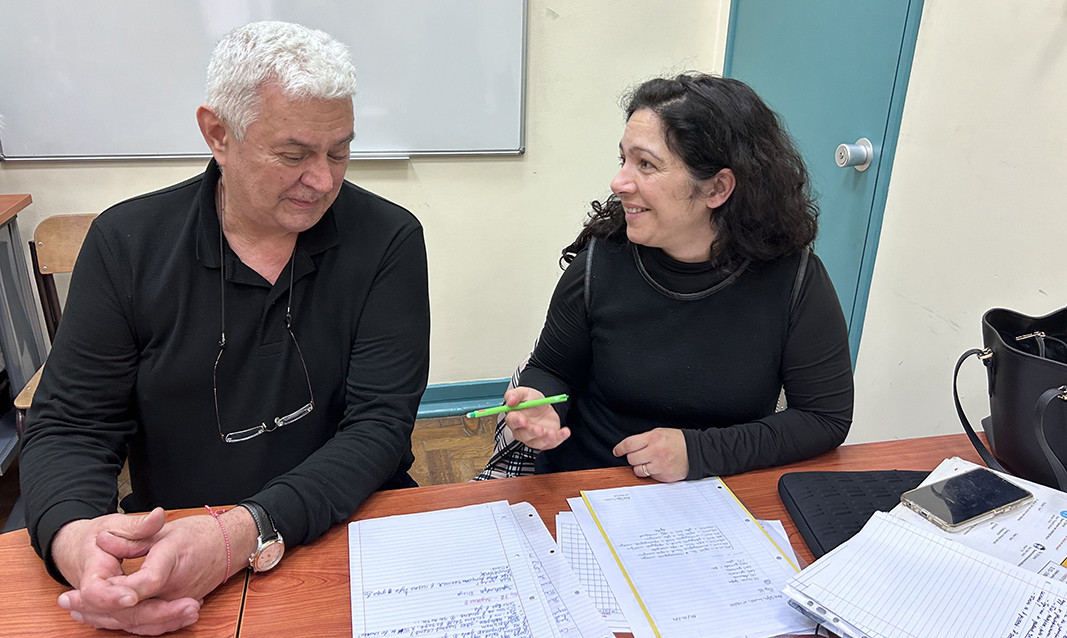
“We are very pleased with the professor, and with the way the Centre has been developing,” she says. “Prof. Hristovski is more than head of the Centre, he is a good friend. One of our successes is the project I am working on which we earned in competition with 100 other candidates. It is targeted at academics in Portuguese-speaking countries. To put it in simple terms – we organize conferences for them called “Pages from Russian literature”, every other year we organize a translation competition and invite translators from Russian to Portuguese and from Portuguese to Russian. This is a way to present the culture and literature of the two countries which is helpful for lecturers in the humanities.”
Photos: Krasimir Martinov
The 116th anniversary of the proclamation of Bulgaria's Independence will be solemnly celebrated in the picturesque Italian town of Brunate on Lake Como. It is organized by the Bulgarian-Italian Society "Pencho Slaveykov" with the assistance of the..
Fashion that you can't wear, but that will inspire you. Exquisite dresses, not made of lace or silk, but of metal. Zhivko Sedlarski's exquisite sculptures are owned by museums, galleries and private collections on 3 continents, earning him the nickname..
The 42nd Golden Rose Bulgarian Feature Film Festival begins in Varna. The competition program will feature 15 full-length films, 20 short films and 5 TV series. The opening ceremony will take place on the evening of September 19 at the..
Great Bulgarian director Nikolay Volev, author of some of the most beloved Bulgarian films such as " Dvoynikat ", " Gospodin za edin..
The Sofia City Court has overturned the dismissal of director Alexander Morfov by the general director of the Ivan Vazov National Theatre. The renowned..

+359 2 9336 661
